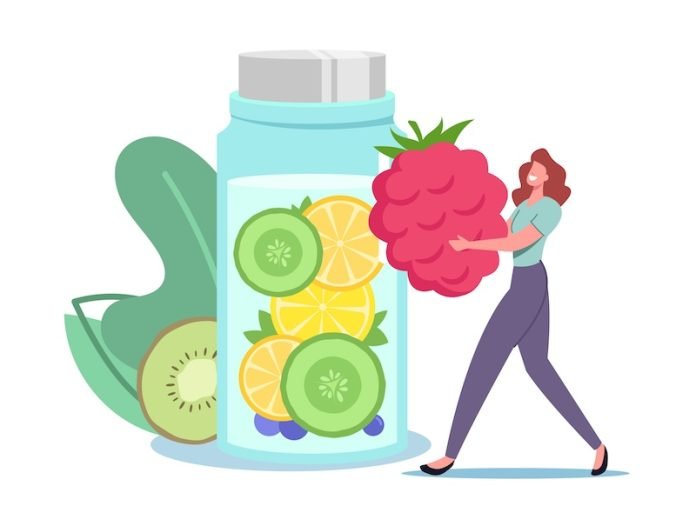
Heart failure, where the heart is unable to pump blood effectively throughout the body, remains a major health concern worldwide.
Recent research has highlighted the potential role of antioxidants in managing heart failure, offering new insights into how dietary and supplemental antioxidants might support heart health.
This review will explain the role of antioxidants in heart failure management, focusing on the most current research and using simple language for clarity.
Antioxidants are substances that can prevent or slow damage to cells caused by free radicals—unstable molecules that the body produces as a reaction to environmental and other pressures.
Common antioxidants include vitamins like vitamin C and E, beta-carotene, and minerals such as selenium. These are found in many fruits, vegetables, nuts, and whole grains.
The interest in antioxidants for heart failure management is based on their ability to combat oxidative stress, a condition characterized by an imbalance between free radicals and antioxidants in the body.
Oxidative stress is thought to contribute to the progression of heart failure by damaging cells in the heart and blood vessels. By neutralizing free radicals, antioxidants help protect the heart and may improve heart function.
Research on antioxidants and heart health has produced mixed results, leading to ongoing debate among scientists. Some studies suggest that dietary antioxidants—those naturally found in foods—can help reduce the risk of heart failure.
For instance, a diet rich in fruits, vegetables, and whole grains, all high in antioxidants, has been associated with lower rates of heart failure. These foods not only supply antioxidants but also offer other nutrients that benefit heart health.
On the other hand, studies on antioxidant supplements (like vitamin E or C pills) have not consistently shown the same benefits.
In fact, some large-scale studies have found that high doses of antioxidant supplements may have no effect on heart failure outcomes, and in some cases, could even be harmful.
For example, high doses of vitamin E supplements have been linked to an increased risk of heart failure in some individuals.
Despite these findings, the role of antioxidants in the diet should not be overlooked. The American Heart Association and other health organizations recommend a diet rich in antioxidant-containing foods as part of a healthy lifestyle to support heart health.
This advice is based on the broader benefits of a balanced diet, which includes but is not limited to, antioxidant intake.
Emerging research continues to explore how antioxidants might specifically benefit those with heart failure. Some newer studies are examining whether certain antioxidants can improve heart function or reduce symptoms in people with existing heart failure.
While these studies are promising, more research is needed to determine effective types and doses.
Practical advice for heart failure patients includes focusing on a diet that naturally incorporates antioxidants. This means eating a variety of fruits, vegetables, nuts, seeds, and whole grains.
Such a diet not only provides antioxidants but also contributes to overall nutritional balance, which is crucial for managing heart failure.
In conclusion, while the role of antioxidant supplements in heart failure management remains unclear and somewhat controversial, the benefits of a diet rich in natural antioxidants are well-supported.
Such a diet can contribute to overall heart health and is a cornerstone of managing heart failure. As research continues to develop, it may offer clearer guidance on how antioxidants can be best used to support the hearts of those with heart failure.
For now, focusing on a healthy, balanced diet is the best antioxidant advice for heart health.
If you care about nutrition, please read studies about berry that can prevent cancer, diabetes, and obesity, and the harm of vitamin D deficiency you need to know.
For more information about nutrition, please see recent studies about the connection between potatoes and high blood pressure, and results showing why turmeric is a health game-changer.
Copyright © 2024 Knowridge Science Report. All rights reserved.



